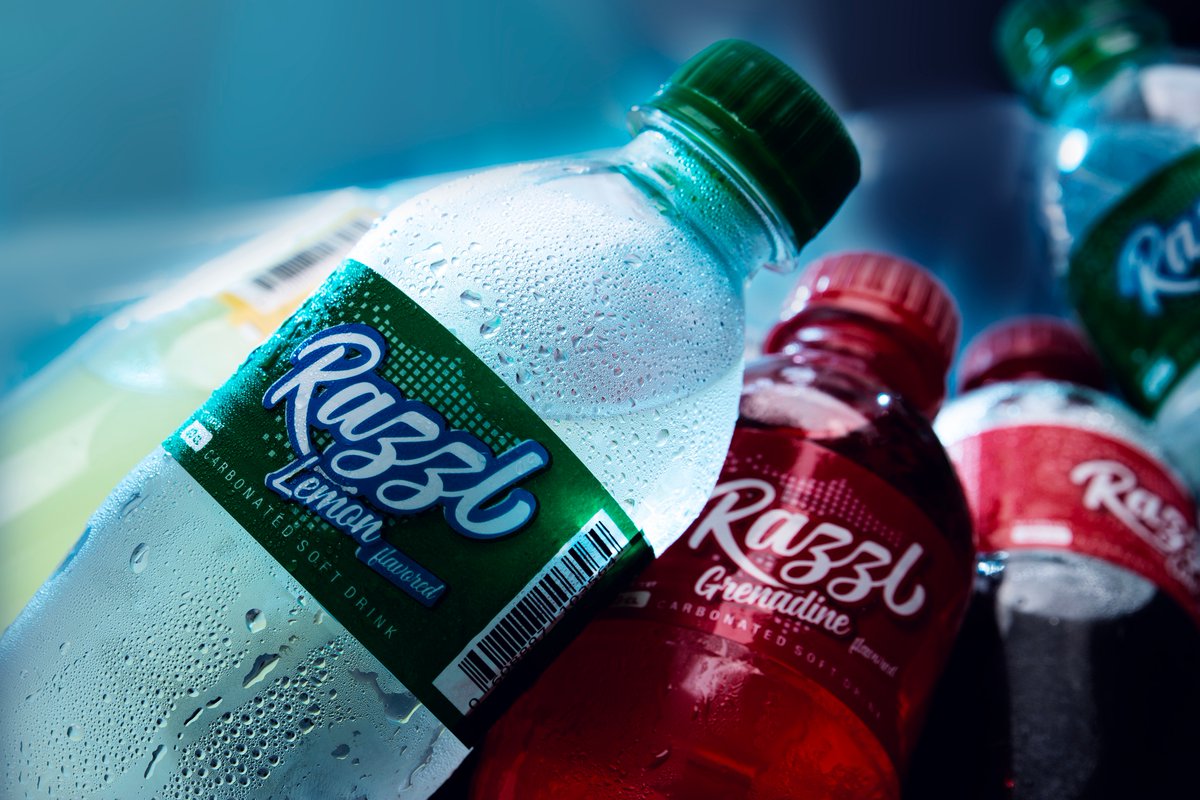Households across Nigeria saw a slight relief in cooking gas prices in July, but the latest National Bureau of Statistics (NBS) report shows that costs remain significantly higher compared to 2024, underscoring persistent energy affordability concerns.
The July 2025 Liquefied Petroleum Gas (LPG) Price Watch released by the NBS indicates that the average retail price for refilling a 5kg cylinder fell marginally by 0.96 per cent, moving from N8,323.95 in June to N8,243.79.
On a year-on-year basis, however, the average price rose by 37.98 per cent, from N5,974.55 recorded in July 2024.In a similar trend, the cost of refilling a standard 12.5kg cylinder decreased by 1.91 per cent month-on-month to N20,609.48 in July, compared with N21,010.56 in June.
Despite this dip, the annual increase was sharper, with prices climbing by 44.51 per cent from N14,261.57 in July 2024. On the state profile, Adamawa recorded the highest average price for a 5kg refill at N9,011.36, followed by Rivers (N9,005) and Taraba (N8,945.43). Yobe residents paid the lowest price at N7,612, while Niger and Nasarawa followed at N7,662 and N8,000.25, respectively.
For the 12.5kg cylinder, Adamawa again posted the highest price at N22,528.39, with Rivers (N22,512.49) and Taraba (N22,363.57) coming behind.
The lowest was in Yobe at N19,030, followed by Niger (N19,154.99) and Nasarawa (N20,000.62).Zonal analysis showed that the South-South maintained the highest average retail prices, with N8,511.26 for 5kg and N21,278.14 for 12.5kg refills.
The South-East followed at N8,321.16 and N20,802.89 respectively, while the South-West recorded the lowest prices at N8,073.92 (5kg) and N20,184.79 (12.5kg).
“Analysis by zone showed that the South-South recorded the highest average retail price for refilling a 12.5kg Cylinder of liquefied petroleum gas (Cooking Gas) with N21,278.14, followed by the South-East with N20,802.89, while the South-West recorded the lowest price with N20,184.79,” NBS stated.
The marginal price drop offers slight relief to consumers after months of increases, but analysts note that steep yearly jumps reflect underlying pressures from foreign exchange volatility and import dependence in the LPG market.
Industry observers warn that without targeted interventions, households may continue to face elevated energy costs, raising the risk of reverting to dirtier cooking alternatives such as charcoal and firewood.
An energy expert, Dr Ayodele Oni, explained that the insufficient local production of LPG and continued dependence on imports remain a critical driver of high prices. He noted that despite Nigeria being an oil-producing country with huge gas reserves, it imports a significant portion, about 40 per cent to 60 per cent.
According to Oni, foreign exchange instability is another major factor, emphasizing that since the cost of importation is tied to major currencies, the depreciation of the naira means import costs rise and that increase is borne directly by households.
To stabilise prices in the short term, Oni suggested targeted interventions such as temporary subsidies or tax reliefs on LPG imports, as well as discouraging exports to boost local supply. He also recommended that industry players explore pooled procurement to reduce import costs.
However, he warned that these measures would only provide temporary relief. “Sustainable price stability will depend on increasing domestic production, improving storage and distribution infrastructure, and strengthening transport networks,” Oni emphasised.






